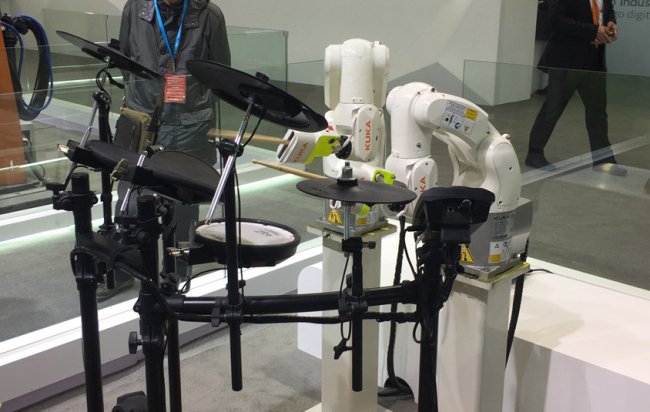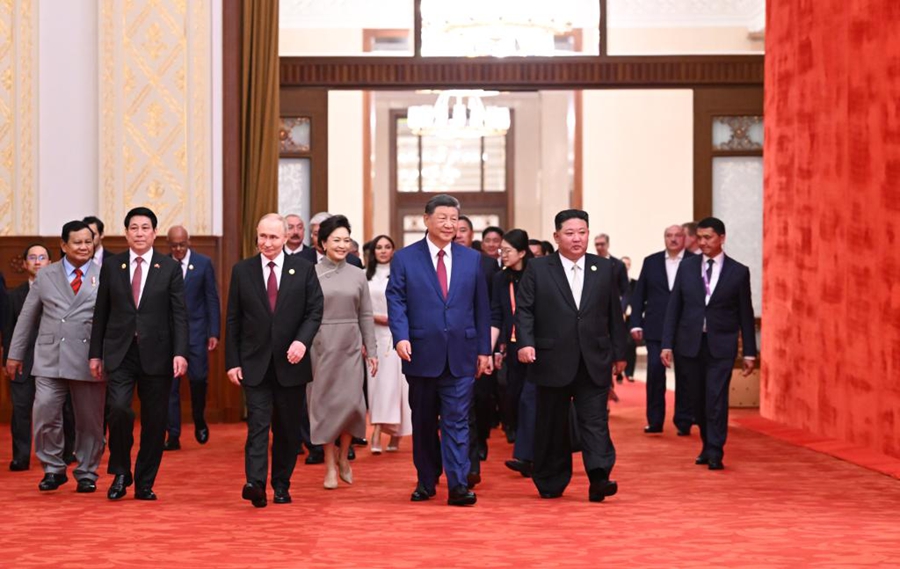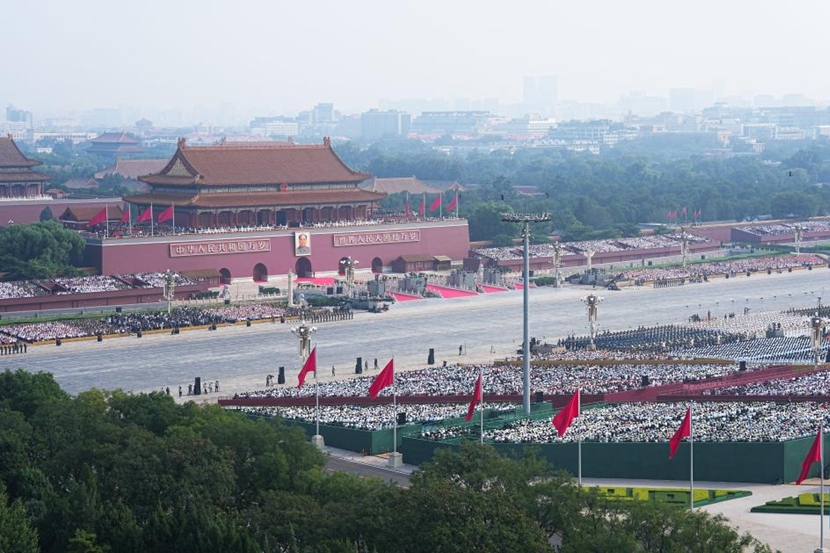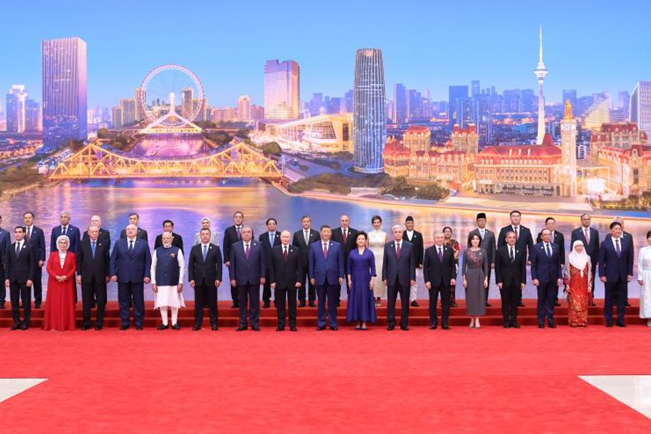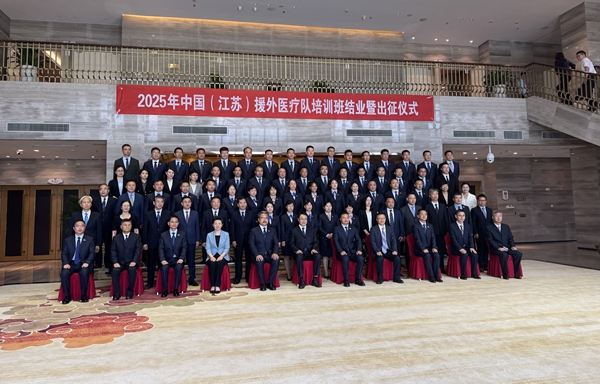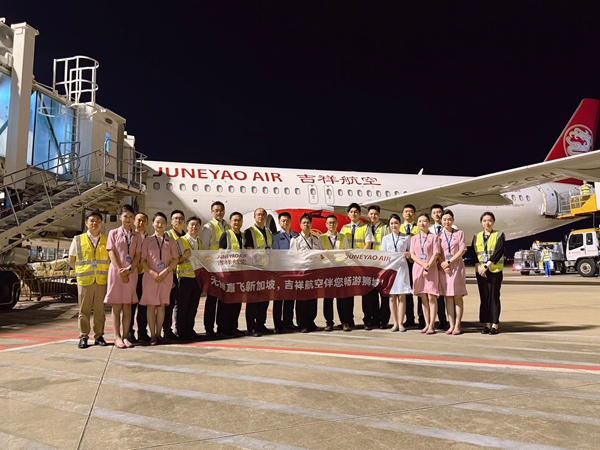In line with the national guideline over the integrated regional development of the Yangtze River Delta, concerted efforts have been made to promote the technology transfer across the region and facilitate innovation in science and technology to drive the new development.
Sinc the opening, Jiangsu Industrial Technology Research Institute has been in active contact and coordination with all kinds of organizations in the region and support the application of research results. Currently, the institute’s new mission is to advance the joint S&T innovation for the area’s integrated growth.
Liu Qing, president of the institute, said scientific research results can be better promoted in Shanghai, Anhui and Zhejiang amid the national strategy and a market-oriented mechanism can achieve the rational allocation of S&T resources.
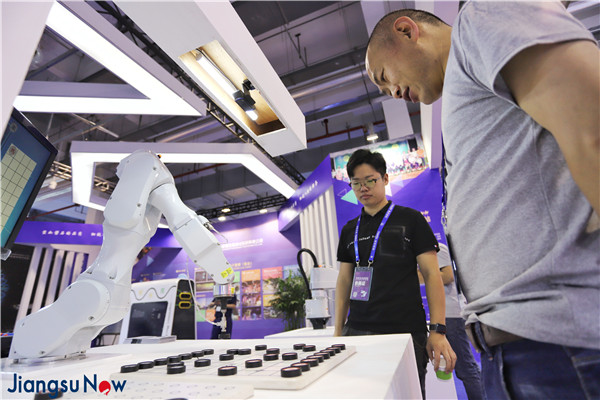
Visitors are seen at an exhibition of innovation development of Yangtze River Delta held in Wuhu of Anhui provine on May 22, 2019. [Photo/CFP]
The delta is home to one fourth of Chines universities included in the Double First Class initiative, national key laboratories and engineering research centers. The term "double first-class" referring to "world-class university" and "world-class discipline" was approved as a new impetus for the development of higher education sector.
As a result, the key problem for the region is how to leverage and share the strong S&T sources to drive the integrated and high-quality development.
Zhang Chen, deputy director of the Future Network Research Center of the Purple Mountain Laboratories, said the center has delpoped China Network Operating System (CNOS), the world’s first large-scale backbone network, and opened future network tests in 12 cities including Nanjing, Hefei and Hangzhou. A new type of industrial Internet to cover Jiangsu, Zhejiang, Anhui and Shanghai will greatly promote digital transformation and collaborative innovation as well as upgrading of industrial enterprises in the delta.
At the same time, technologies such as voice-based interaction and artificial intelligence offer unlimited possibilities for connectivity and sharing. Across the region, AI has been increasingly used to develop smart city initiative, provide smart education and medical services, and build smart court, such as in trials and execution of court verdicts. For example, Jiangsu has made comprehensive efforts to promote education development more based on the use of smart technologies. In Zhejiang, AI was used to improve public service, such as in real property registeration.
As one of China's most economically active, open and innovative regions, the delta boasts strategic significance in the country's modernization and further opening-up, which makes its regional integration crucial for leading the country's high-quality development and building a modern economic system.
Contact us at english@jschina.com.cn

